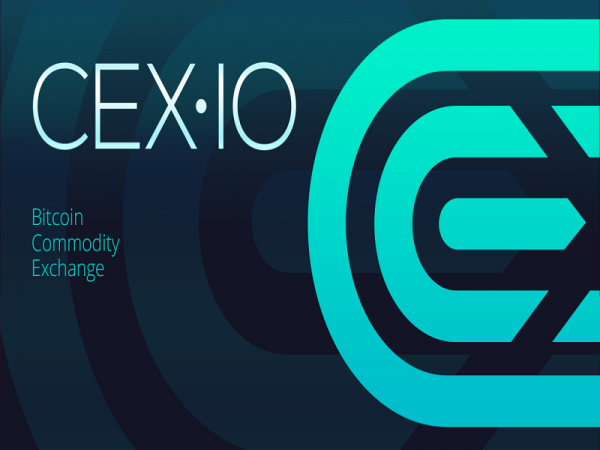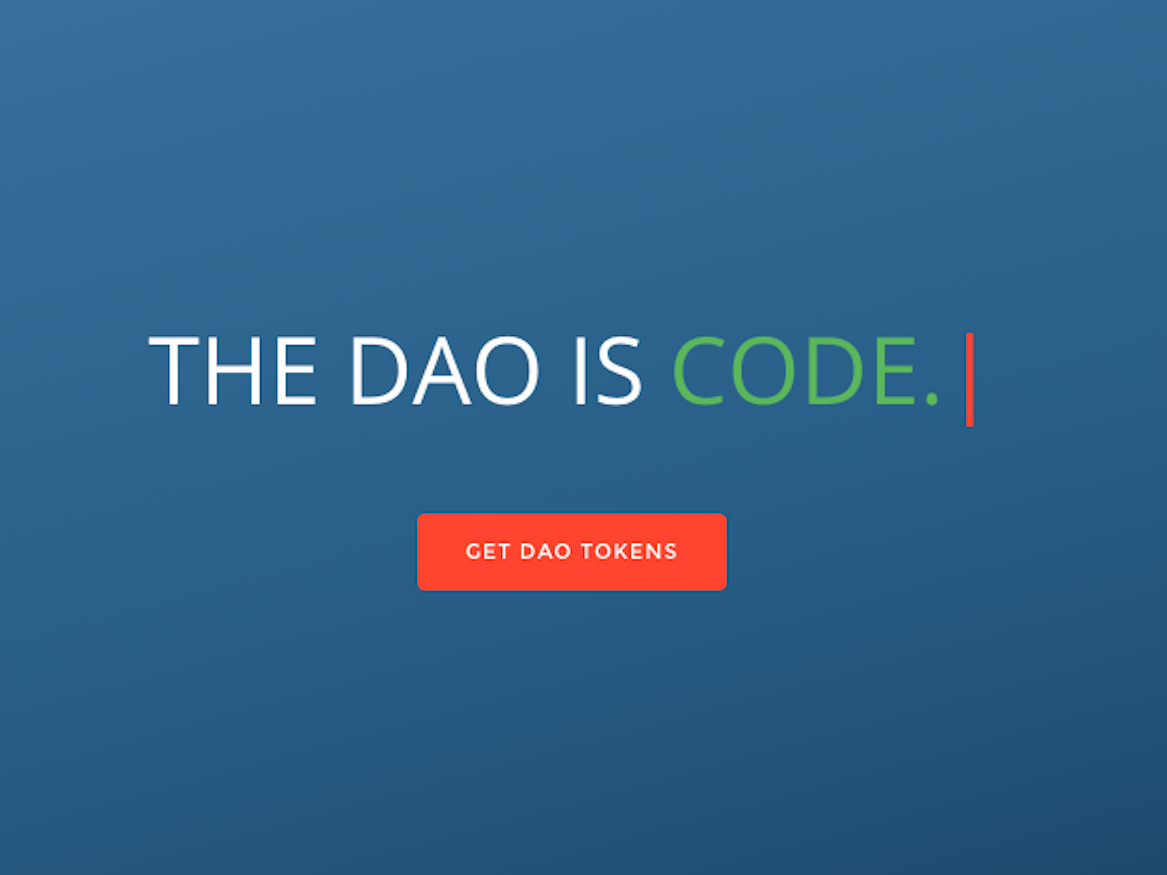Who will win the US presidentials? What fate awaits Bitfinex? Who will be a tabloid star’s next husband? A new decentralised prediction market is being launched to bet on these things.
The beta version of Ethereum-based forecasting service Gnosis is announced to be released this week, developed by Stefan George and Martin Köppelman. People will be able to bid on the outcome of any events from sports games to political elections and win money for correct predictions. Today the site only gives general information without access to its core functions, which will be available one of these days, as promised by the developers. Moreover, they expect their creation to become a platform for an array of new user-made prediction markets in the future.
The Gnosis team relies on decentralisation, anonymity and absence of monetary control provided by the blockchain platform. At the same time, prediction market advocates believe that such projects contribute to disclosure of information that would otherwise be concealed, in favour of academics and businesses. Non-blockchain analogues, such as Intrade, used to be either shut down by governments or strangled by regulatory restrictions.
To date, the only existing analogue of Gnosis is the Augur platform, successfully launched last year. In just two days of pre-sales started on 17 August 2015, Augur received more than 4,200 BTC and 549,000 ETH. However, there are differences in the way the two platforms operate. Thus, while Augur uses the work of numerous oracles to produce forecasts, Gnosis employs a single selected one. If other oracles disagree with the prediction, the decision is collectively made at the oracle pool.
In the future, Gnosis developers plan to implement on the platform a futarchy system, that is, two-stage voting when members first choose an initiative and then vote for the set of actions necessary for its realisation. Blockchain application ensures transparency of this process.
Lyudmila Brus

















